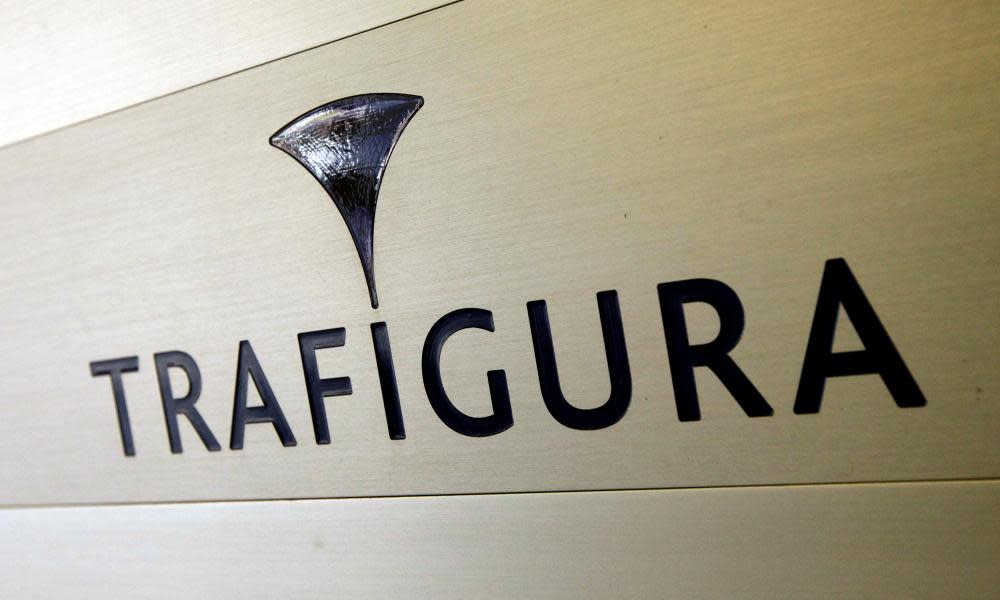Trafigura hands out $1.7bn in dividends on profits fuelled by Ukraine war

The commodities trading firm Trafigura is to hand more than $1.7bn (£1.4bn) to its top traders and shareholders after the energy crisis, fuelled by the war in Ukraine, led to a surge in profits.
Trafigura, one of the world’s largest specialist commodity traders, posted a record $7bn net profit in its last financial year, more than the previous four years combined after making gains from the market volatility caused by Russia’s invasion of Ukraine.
Its chief financial officer, Christophe Salmon, hailed an “exceptionally strong year”, as profits more than doubled and revenues grew to $318.5bn in the year to 30 September, up from $231.3bn a year earlier.
The $1.71bn payout to its 1,100 shareholders, including top employees, equates to about $1.56m a head if shared equally. That’s an increase of about 35% compared with 2021’s dividend of $1.12bn to around 1,000 top traders and investors.
Trafigura said its structure incentivised top traders. “Our shareholder model encourages our senior employees to take the long view and think hard about risk, business continuity and the future performance of the company,” it said.
The profits also underscore the huge gains made by commodities traders as a result of uncertainty in energy markets since the start of the war as well as fears over a global recession.
Oil and gas companies, as well as some electricity generators, have faced windfall taxes as a result of the gains made following the war. However, politicians have not moved to curb the profits of commodity traders. Strong trading performances have boosted multinationals including British oil giants BP and Shell.
Earlier this year, a former commodities executive said that traders in the industry are “driven by greed and fear”.
Trafigura’s chief executive, Jeremy Weir, said: “Whilst the new financial year has started well, we need to remain focused and vigilant in a period that is likely to be at least as challenging as 2022, with further market turbulence as the war in Ukraine continues and central banks lift interest rates to try and quell inflation.”
During the year, the company exited its sole investment in Russia, a 10% stake in Vostok Oil, in July.
Separately on Thursday, US oil supermajor ExxonMobil – which has seen its shares rise nearly 70% this year – said it plans to spend $50bn buying back its own shares until the end of 2024, including £15bn in 2022, in a further indication of the huge cashflows in the industry.

 Yahoo Movies
Yahoo Movies 
